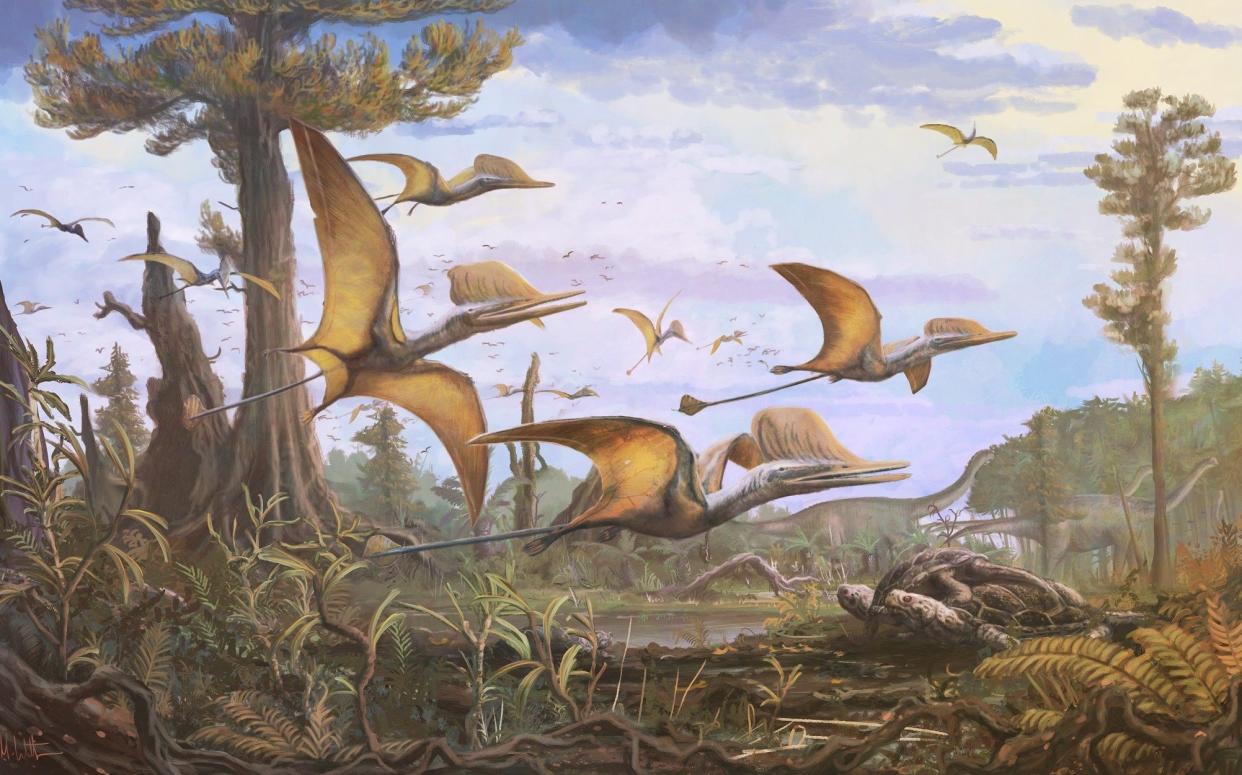As regular readers know, mariner is spending the 2024 election living in a small apartment in Chicken Little’s hen house. His television in the hen house blocks news channels and stations. It’s a simple environment, though more existential because one cannot watch the news. One is free to sense reality in its sunlight, rain and snow, early blooms in the bulb garden that hint spring is nigh – and the ability to communicate with neighbors in a friendly, unstressed atmosphere. (Via his laptop, mariner does smuggle a few of the better independent news links on the Internet.)
Mariner visited Chicken Little the other day. He’s in bad shape; he trembles so much his feathers are falling out. Mariner asked, “Plain and simple, what is your biggest fear?” Chicken Little sat silent with a strange look on his face. After a moment, he said, “The MAGA people.”
“Why?”
“They have guns. If Trump wins, he will use the military to shoot us; if he loses, the MAGA people will shoot us. Trump will only shoot his detractors but MAGA will shoot anyone they can find and burn houses – even my hen house.”
Mariner left him still very stressed and anxious. He decided to visit his skeptical alter ego, Amos. How are you doing, Amos?” “How do you think, mariner, with a dysfunctional Congress that is the oldest and most plutocratic in American history at a time when everything old has disappeared, two historically misplaced Presidential candidates, a collapsing biosphere, runaway corporations and untaxed billionaires?”
“Do you have some options?”
“Don’t vote for anyone over 55 – regardless of party; throw out the two party system and replace it with rank voting; shoot Trump and bury Biden. If the US wants to support Israel and Netanyahu, the US had better prepare for war with the Middle East, which I’m sure will be just as well managed as the Putin war.”
Mariner left Amos, who is still overwhelmed by a world without good news. Mariner moved down the block to visit Guru, mariner’s super-intellectual, intensive ‘why’ observer.
“Hello, Guru, how’s the planet?” “In a word, Armageddon” Guru replied. “Twenty-nine nations have no reportable Gross Domestic Product, the US is becoming isolationist at the worst possible time, computer technology has disrupted the normal transition of society leaving society without a rudder and, lest we forget, global warming has just begun.”
If you could redirect just one issue, what would it be?” There is a long pause, then another one. “Give the United Nations ultimate authority over any international event; the world has grown too small for nationalism; cap the world’s wealthy to redistribute GDP evenly around the world – there’s not enough food, too many people and a failing biosphere.”
Well – there seems to be a lot of negativity from the alter egos. Mariner wants to leave the reader with something positive. Living here in a small apartment, mariner’s diet often has leftovers. Often, he would eat dried, tough leftovers except for this tip: If the reader is reheating leftovers in the oven or the microwave, use a spritzer bottle to cover the food in water. As the food heats, it will not become even drier and tougher and may actually be restored.
Happy eating!
Ancient Mariner


